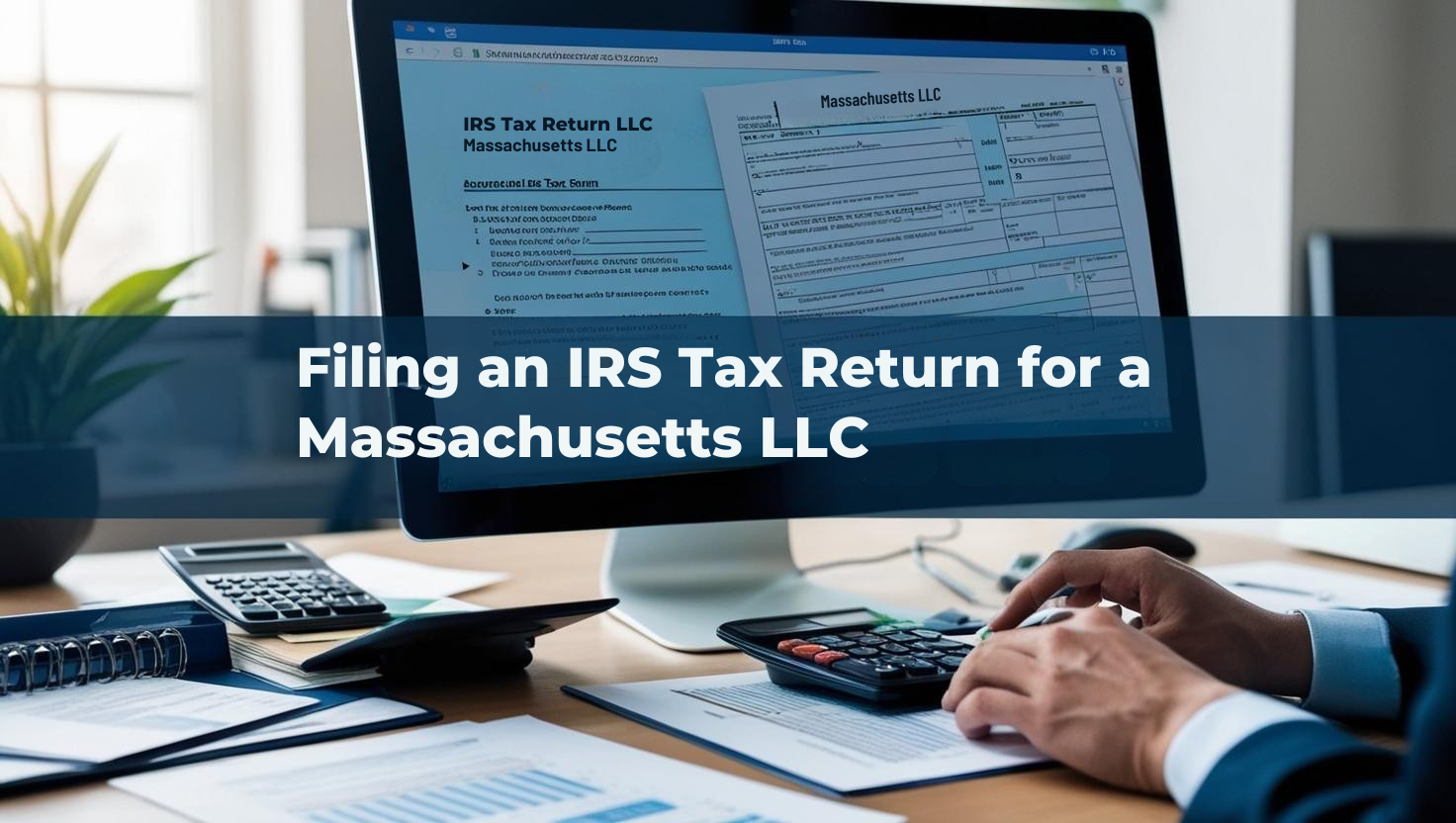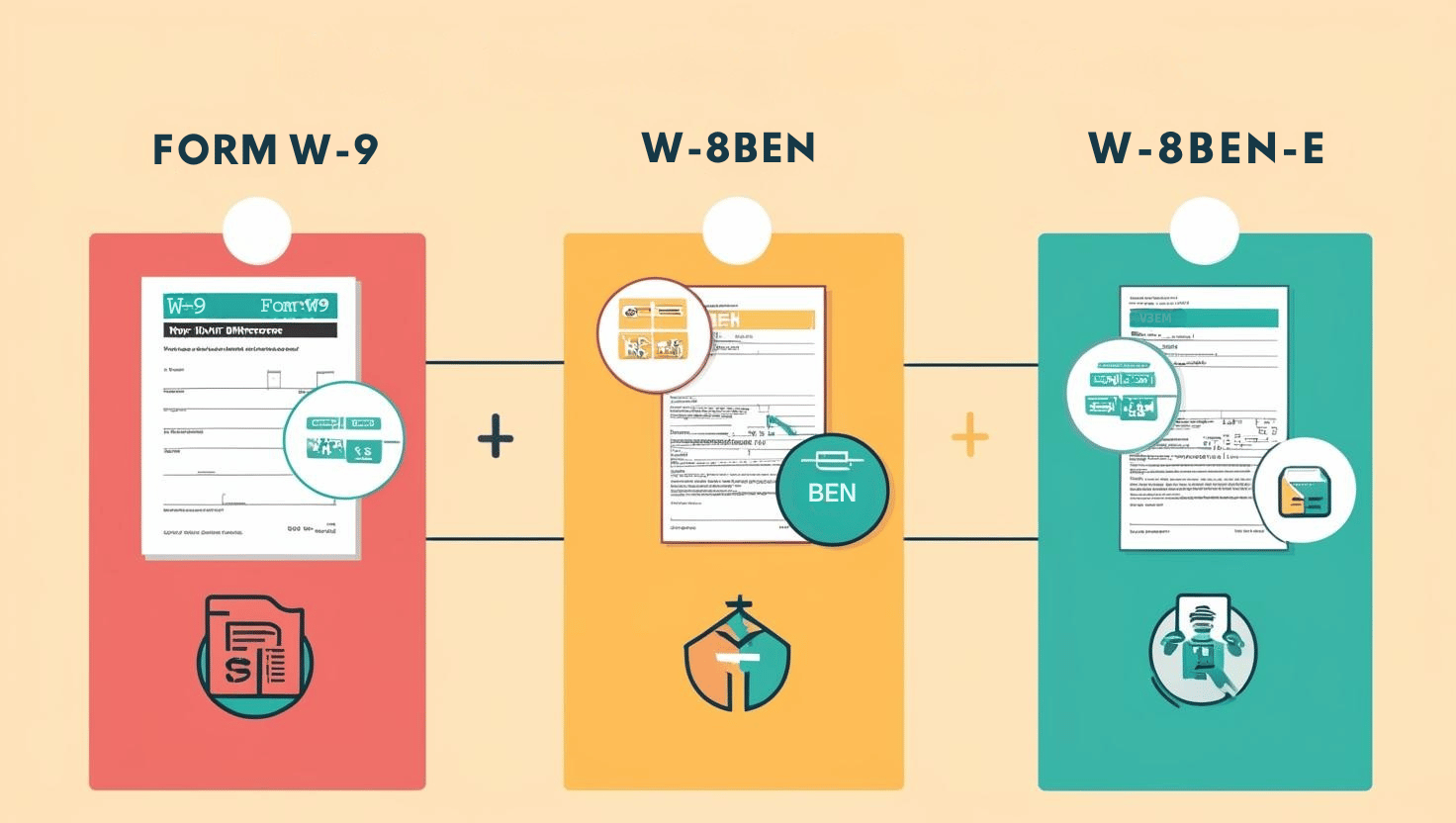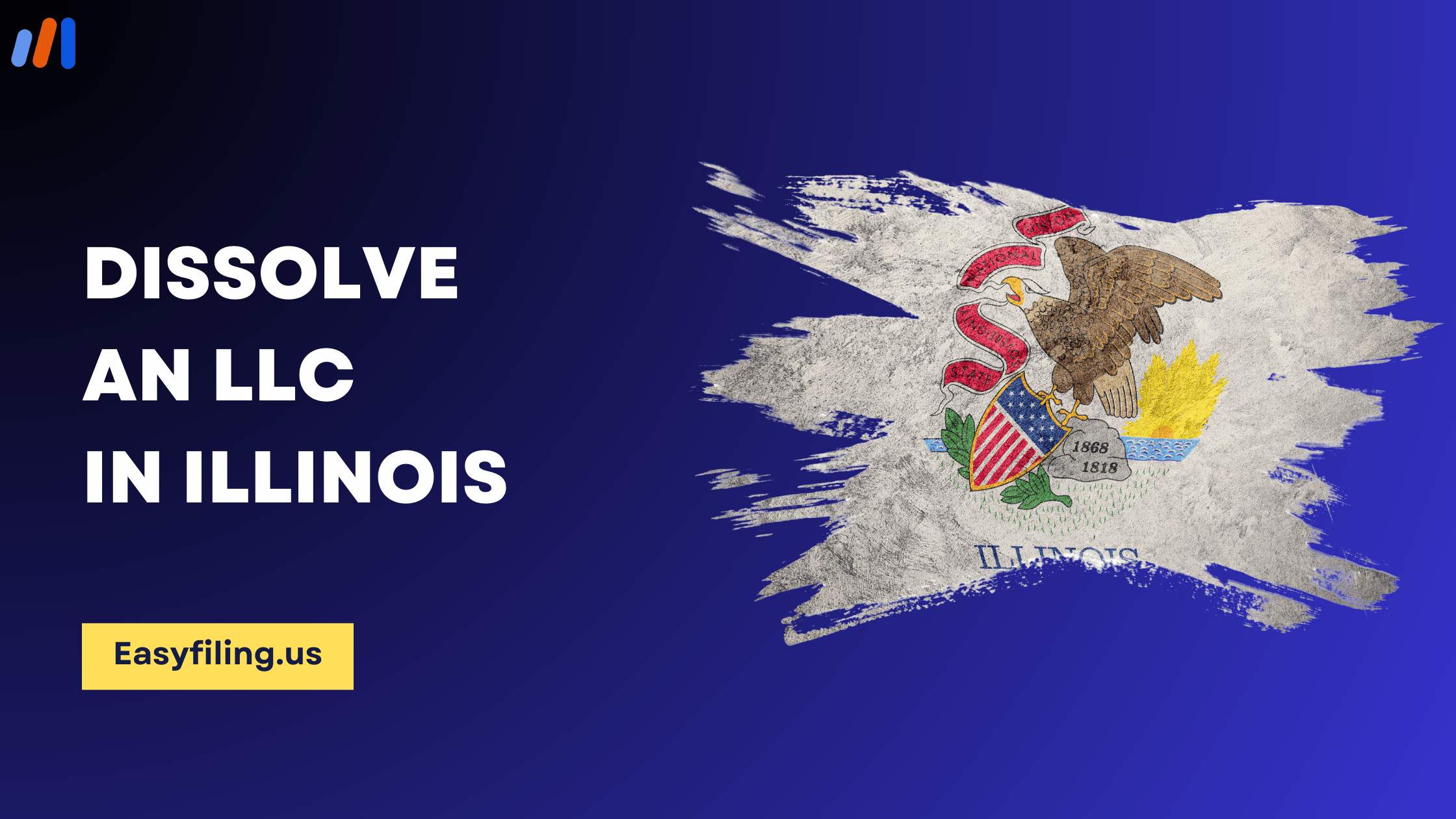Along with various benefits, owning an LLC in Massachusetts also comes with certain tax liabilities at the federal and state levels.
Whether you conduct business as a separate single-member LLC or as a multi-member LLC, knowing the relevant taxes can allow you to comply properly while avoiding penalties.
In this article, we will discuss the process of IRS tax return filing for Massachusetts LLC, focusing on classifying the taxes, reporting the taxes, deadlines, and other relevant details.
Understanding the Different Tax Classifications
The IRS does not recognize the LLC as a separate tax entity. LLCs are taxed based on the default classification or an election made by the business owner. Here value of that enumeration:
Single-Member LLC: No taxation at the entity level. The owner is taxed as a sole proprietor. Business income and expenses are reported on an individual tax return.
Multi-Member LLC: A default classification that is issued automatically by the IRS unless there is an alternative election made. Each member is taxed on their share of profits and losses separately.
S-Corp Taxation Election by an LLC: An LLC that elects S Corp status will be taxed as a pass-through entity, and shareholders may receive salaries and profit distributions.
C-Corporation Tax Election by an LLC: An LLC that chooses C Corporation status will now be liable for corporate tax rates and will need to file a corporate tax return independent of the owners.
Filing Requirements for Federal Tax Return of Massachusetts LLCs
Tax Filing Obligations for a Single-Owner Massachusetts LLC
- Form of Tax Return: The owner’s tax return with the IRS Form 1040 Schedule C (Profit or Loss from Business) attached must be submitted.
- Solo Self-Employment Tax Filing Obligations: The LLC owner has to submit Schedule SE to report self-employment taxes in case the net earnings exceed $400.
- Quarterly Estimated Payments: The LLC owner must submit quarterly estimated payments with Form 1040-ES in case they expect to owe greater tax liability than $1,000 for the year.
Multi-Owner Massachusetts LLC Tax Filing Duties
- Form of Tax Return: To report the income, deductions, and distributions of the LLC, IRS Form 1065 (U.S. Return of Partnership Income) must be filed with the IRS.
- Schedule K-1 For Each Member: Every member of the LLC gets a Schedule K-1, which indicates the member’s portion of the profits or losses of the LLC’s activity.
- Self-Employment Taxes: Each member is liable for self-employment taxes corresponding to the LLC’s profits.
Filing Obligations Of Taxes For An LLC That Has Elected S Corporation Status
- Required Tax Form: Form 1120-S, U. S. Income Tax Return for an S Corporation, has to be filed.
- Payroll Taxes on Owners’ Salaries: If owners receive a wage, payroll taxes should be paid, and a 941 should be filed.
- Profit Distribution and Schedule K-1: Shareholders declare their income in the year using Schedule K-1.
Filing Obligations For An LLC That Has Elected C Corporation Status
- Required Tax Form: Form 1120, U. S. Corporation Income Tax Return, must be filed.
- Corporate Tax Rates Get Applied: The LLC will be subject to taxation under corporate tax billing instead of pass-through billing.
- Taxation of Dividends: Income gains of shareholders, which are passed on to them as if dividends, are taxed once more at the shareholder level.
Obligations On Taxes Of the State Of Massachusetts For An LLC Owner
Personal Income Tax Obligations For Massachusetts LLC Member-Based Taxes
- Members of LLCs are required to disclose the business’s earnings on the tax return, either Massachusetts Form 1, Resident Income Tax Return, or Form 1-NR/PY, Nonresident/Part-Year Resident Return.
- Most forms of income, such as profits from an LLC, are taxed at a flat rate of 5% in Massachusetts.
Tax Requirements for Multi-Member LLCs Operating in Massachusetts
- For state income and deductions reporting, LLCs taxed as partnerships are required to file the Massachusetts Form 3.
- Every partner is issued a Massachusetts Schedule K-1, which illustrates the respective partner’s allocated income and expenses for the taxable year.
Corporate Excise Tax Obligations for Massachusetts LLCs that Choose Corporation Taxation
- An LLC adjusting to the corporate structure of taxation must complete Form 355 (C Corporation) or Form 355-S (S Corporation) for Massachusetts.
- For C Corporations, there is an 8% corporate excise tax on the net income of the firm and there is a minimum excise tax of $456.
- LLCs that choose corporate taxation, irrespective of whether the business is making a profit, are subject to this minimum tax.
Sales and Use Tax Obligations for Massachusetts LLCs Selling Services or Goods
- In Massachusetts, businesses that offer goods or services that are taxable charge customers a fee of 6.25%, which is sales tax.
- Sales tax is paid and reported using Form ST-9 from Massachusetts, and for state sales taxes, use Form ST-9.
Some Important Deductions and Credits for Massachusetts LLC Owners
Several expenses and credits that mitigate tax expenses are available to LLC owners in Massachusetts, including but not limited to these:
Ordinary and Necessary Business Expenses: Rent, utilities, office supplies, advertising, among others.
Home Office Deduction: Applies when part of one’s home is used solely as a place of business.
Self-Employment Tax Deduction: Available for a portion of self-employment taxes paid.
QBI (Qualified Business Income) Deduction: Permits an LLC owner who meets the criteria to deduct up to 20% of the qualified business income.
Massachusetts Research and Development Tax Credit: Relevant to qualifying research expenditures.
Important IRS and Massachusetts Tax Filing Deadlines for LLC Owners
| Tax Filing Requirement | Deadline to File |
| Individual Tax Returns (Form 1040 & Schedule C) | April 15 |
| Partnership Tax Returns (Form 1065) | March 15 |
| S Corporation Tax Returns (Form 1120-S) | March 15 |
| C Corporation Tax Returns (Form 1120) | April 15 |
| Massachusetts Personal Income Tax Return | April 15 |
| Massachusetts Corporate Excise Tax Return | April 15 |
Possible Consequences of Non-filing or Late Filing
There are penalties for failing to file on deadline, and these are in addition to the interest charges:
Failure-to-File Penalty: 5% a month, 25% cap for unpaid tax owed.
Failure-to-Pay Penalty: 0.5% a month, 25% cap for unpaid tax liability.
Massachusetts Late Filing Penalty: Minimum $50 overdue state tax returns penalty.
Interest on Unpaid Taxes: Covers the entire time unpaid taxes remain unpaid.
How EasyFiling Helps Massachusetts LLC Owners with Their Taxes
Massachusetts LLC owners have an easier time filing taxes because EasyFiling offers federal as well as state-level assistance. Here’s how:
Filing Assistance: You get assistance with filing for Form 1040 Schedule C, Form 1065, and Form 1120-S, so you don’t miss out on any deadlines.
State Compliance: EasyFilling also takes care of state filings in Massachusetts, such as Form 1, Form 3, and the corporate excise tax.
Estimated Payments: We help in estimating tax payments to be made, and filing them through IRS Form 1040-ES and Massachusetts Form 1-ES.
Claimable Deductions: Furthermore, we help you in claiming the QBI deduction, self-employment tax deduction, and other claimable deductions.
Timely Filing: EasyFiling helps you file at the correct time so that your penalties and interest are as minimal as possible.
Recordkeeping Support: With EasyBooks, recordkeeping is made simple, which helps in filing taxes accurately.
You can visit us at EasyFiling for detailed help on your tax filings.
Conclusion
Being compliant with federal and state laws seeks total understanding about the LLC tax id, classification, deadlines to file, and pay to avoid penalties while maximizing the chance to deduct.
Tax experts or EasyBooks from EasyFiling make the tax filing process simple and easy.
Visit EasyFiling today for professional help with the tax prep, bookkeeping, or compliance services for Massachusetts LLCs.
File Your LLC Today
25$ off with a coupon
Lock in EasyFiling's transparent rates and get lifetime compliance support at no extra cost.
Get Started Now








